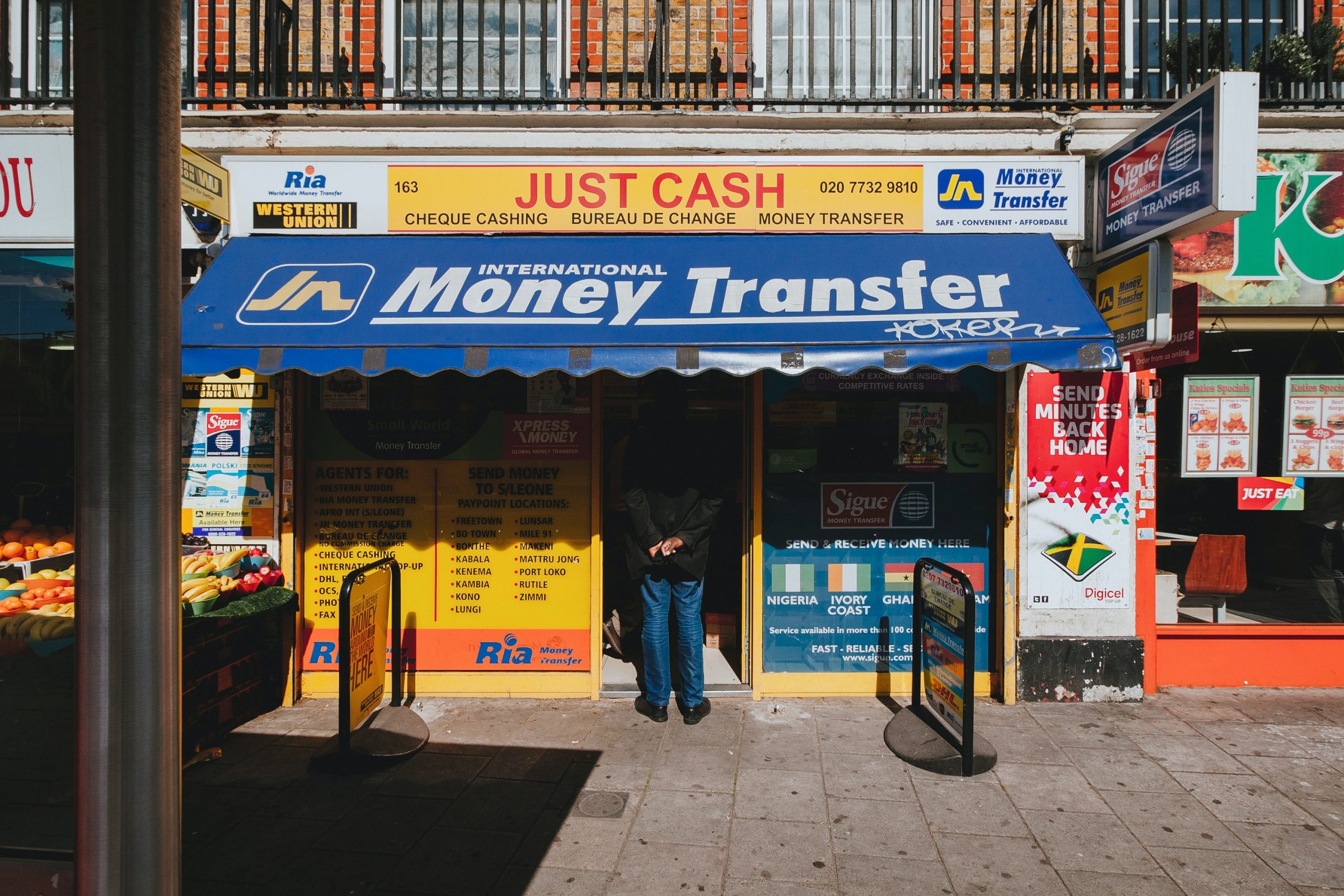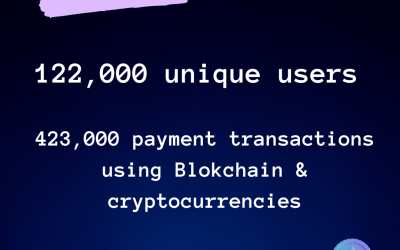
If you have ever given a gift card to someone, then you know how easy the entire process can be. Walk into any convenience store, hand in cash or swipe your card and you walk out with a gift card in your pocket. Gift cards are ideal gifts, they are great payments for freelancers filling out surveys and make for pretty acceptable contest rewards as well. But through the years, gift cards have evolved to near cult status within the immigrant community in the US who send money home through a process that involves Bitcoin, an online crypto marketplace, and a gift card. This completely bypasses local or foreign financial institutions and completes a neat transfer of USD to a local currency within 30 minutes. Let’s find out how this multi-million dollar business is redefining what peer-to-peer finance stands for.
Why Immigrants Are Turning to Gift Cards for Remittance
In order to understand why immigrants have turned to gift cards for remittance, we need to have a quick look at where the traditional remittance companies have failed and the gift card remittance model has succeeded. Though there isn’t one concrete theory that can state the reason, the failure of finance companies comes from multiple different factors – the largest being their outdated payment technology still requires offline presence and forms to be filled up by both parties. Taking the example of Nigeria which accounts for a majority of users who regularly sell Gift Cards on platforms like Paxful, the process involves three key steps:
- An immigrant buys a gift card with USD and sends the card details online to their family in Nigeria.
- The family then sells the gift card for 60-70% of its original price in an online crypto marketplace and receives Bitcoin in return.
- Bitcoin is then converted into the local currency (Naira) and the funds are immediately transferred to the Nigerian bank account.
These steps ensure that despite a nearly 30-40% reduction in the original amount sent, the funds are received within 30 minutes and it occurs completely online with no offline verification or external process required. Compared to this model, remittance companies like Western Union have to often change their exchange rate according to government instructions. This can often lead to families losing out on more money due to transfer fees, an unfavorable exchange rate, and delay which may take up to a few days for the entire remittance to be transferred in their bank account. These problems are especially exemplified during periods of the financial crisis in the country when local Nigerians would prefer to trade in their Bitcoins for the black market conversion rate that would yield them more value than following the government-regulated exchange rate.
How Bitcoin Provides the Crucial Difference
From the above scenario, it is quite clear that Nigerians are rejecting the services of remittance companies because of the poor exchange rates, transfer fees, and the time taken for the remittance to occur. In a country plagued with financial crises, time is of the essence and the need for a remittance service that fulfills the necessity for speed and efficiency is the demand of the public. This demand arises even after the Nigerian government allowed the official exchange rate to float closer to the black market rate in recent times, which has ensured that companies like Western Union have been able to deliver better exchange rates over the years. Despite this, it has been observed that a majority of Nigerians still choose to use the gift card remittance model over availing services of traditional remittance companies because of the convenience and speed of selling a gift card online for Bitcoins. This is because the entire process occurs online and requires only a phone with decent internet, as compared to traveling up to the nearest Western Union branch and queuing up to fill a form that might take hours to submit depending on the crowd.

Offline remittance institutions take a long time to process transfers
Gift card remittance works 24/7 (including the final bank transfer step), whereas remittance companies usually only work during the business hours of Nigerian Banks. The long documentation process on both ends often discourages people from transferring money through companies with many preferring to sit at their homes and receive money through Bitcoin sale of gift cards instead, despite losing out on a hefty percentage because of the resale value of the gift cards.
Why Crypto Transfers Are the Future for Remittance
Gift card remittance is chosen by people despite remittance companies offering comparatively better returns at the present and this drives us to a simple conclusion: despite being more expensive, if people are choosing the gift card remittance model, then clearly people prefer the crypto payment model that ensures faster payments and a complete online presence.
This observation brings us to a potentially industry-defining realization that could benefit millions and create new companies that can provide a better alternative to the current gift card remittance. If blockchain technology and cryptocurrencies are made more accessible to people around the globe, then an immigrant who is currently losing out on 30-40% of their transfer amount currently can send nearly 100% of their paycheck using crypto to their family nearly instantaneously with the lowest transfer fees in the payments industry.
We have already seen a flavor of this development last month when Ripple Labs announced their collaboration with Oman’s second-largest bank, BankDhofar, and India-based IndusInd Bank for real-time mobile payments of up to $2,600 to accounts in India. It is of no surprise that this move was met with much enthusiasm from the immigrant communities in Oman who could now send money nearly instantaneously to India without paying exorbitant transfer and conversion fees in a completely secure and online environment. In order to truly leverage the amazing potential that blockchain technology promises, we must not hesitate to discard legacy models and upgrade our industries to the best features that online payment transfers can provide – a list in which Bitcoin and other cryptocurrencies seem to be our best bet.
RocketFuel’s Vision of a Crypto-Integrated World
In order to achieve a truly digital payment future, we must not be afraid to innovate and create industry-defining solutions that transform our concepts of how e-commerce works. To facilitate and empower online contactless transactions, we need to ensure that the benefits of the system are passed on to merchants and shoppers. The unique nature of cryptocurrencies enables RocketFuel to provide merchants with the lowest transaction fees in the industry along with daily funding, a super-fast checkout process, and zero chance of fraud and chargebacks. Shoppers also benefit from our model because of lower-priced services, high security, and increased privacy (we never ask for any personally identifiable information).
With world governments gradually warming up to the idea of cryptocurrency transactions, and the recent statements made by NYDIG that hint at a possible inclusion of American banks in Bitcoin trading, the door to the future is clear. Cryptocurrencies are here to stay, and their unique blockchain-powered model will bring considerable benefits to merchants and shoppers as well as transform the outdated payments model we have so grudgingly grown used to.






Comments are closed.